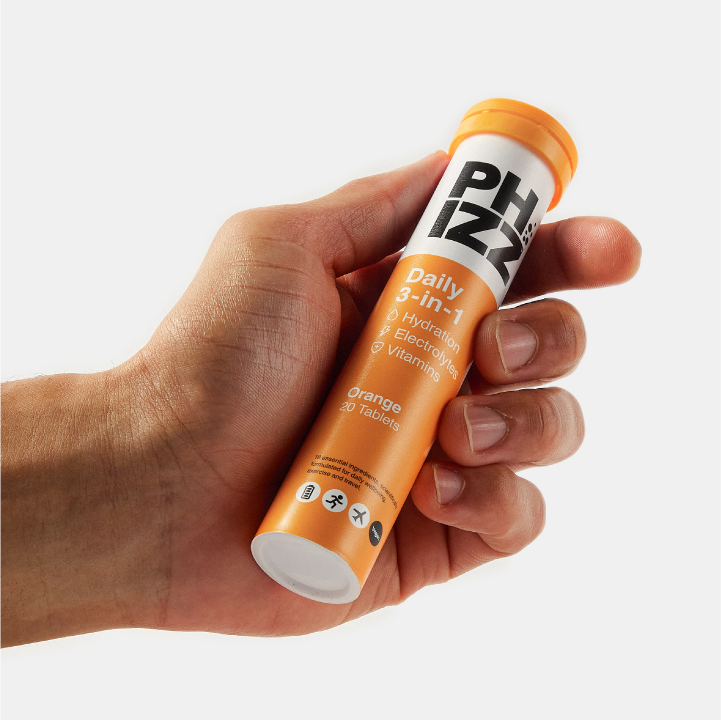We’ve all been spending a lot more time at home, and for many of us, that means a lot more time screen time. As winter fully sets in, the idea of a digital fast seems both a bit daunting and a bit magical. Seeking more information on what the process is like, we turned to Max Lowery, the multi-hyphenate personal trainer, online coach, founder of 2MealDay, creator of Connect Retreats and devoted advocate of screen breaks.
Let’s start with the why of digital detox. You likely are already familiar with the constant pull to check your phone. Whether it’s email or social media that beckons you most, our devices can have a huge impact on our productivity, attention span and in some cases, our mental wellbeing.
For Max, some of the biggest gains from his digital fasts include the amount he gets done in a day. One notification no longer leads down the rabbit hole of mindless scrolling. He also says he feels more present and able to remain “in the moment” with his environment and the people around him.
“Before I started digital fasting, if there were ever any time where I was alone in a public space, I would get my phone out and start scrolling,” he said. “I now use these times to try and practice mindfulness – the process of purposely bringing one’s attention to experiences occurring in the present moment. For me, this brings out a sense of calm and relaxation and can help prevent compulsive thoughts.”
Also, Max sees a big improvement in his sleep. There are studies documenting the negative effects of blue light on sleep, and Max verifies that this is indeed a big one for him and refraining from pre-bedtime phone usage has been a game-changer.
Intrigued? Here is Max’s approach digital fasting can grow with you from initial steps to expert level extended breaks.
- Try turning off your notifications. “At the end of the day, if it’s REALLY important, they will call you. If it’s not, then it’s not worth being interrupted while you are catching up with a friend of working on a task.”
- Try the new Screen Time feature on your phone. “This will lock you out of certain apps at specific times. Tell yourself that you will not respond to work-related emails or calls before/after a particular time every day.”
- Team up to institute a no phone rule when spending time with friends. “It’s incredible how much of a difference this makes, you might be met with resistance at first, but persist in a non-aggressive way, challenge them to go for 1 hour without looking at their phone!”
- Get outside. “Going on a phoneless walk can be a great way to reduce stress and anxiety at the same time as improving physical fitness and connecting with the world around you. It’s one of my favourite things to do, and many of the guests on Connect Retreats decide to leave their phone behind on our three-day hike.”
- Go easy on yourself. “Don’t make this another thing to feel guilty about. If you set yourself the goal of not using your phone on the weekend, but give in and use it after 24 hours, then move on. Don’t feel guilty about it. The goal is to improve your relationship with your phone, not put extra pressure and guilt on you.”
Whether you try these tips for evenings, full weekends or extended breaks, there’s much to be gained from taking a break from the constant connection.
Want to learn more? Max gives great advice as a personal trainer and online coach. You can reach him via his website www.2mealday.com or @max.lowery. For more info on an unplugged getaway of your own, check out www.connectretreats.co.uk.





